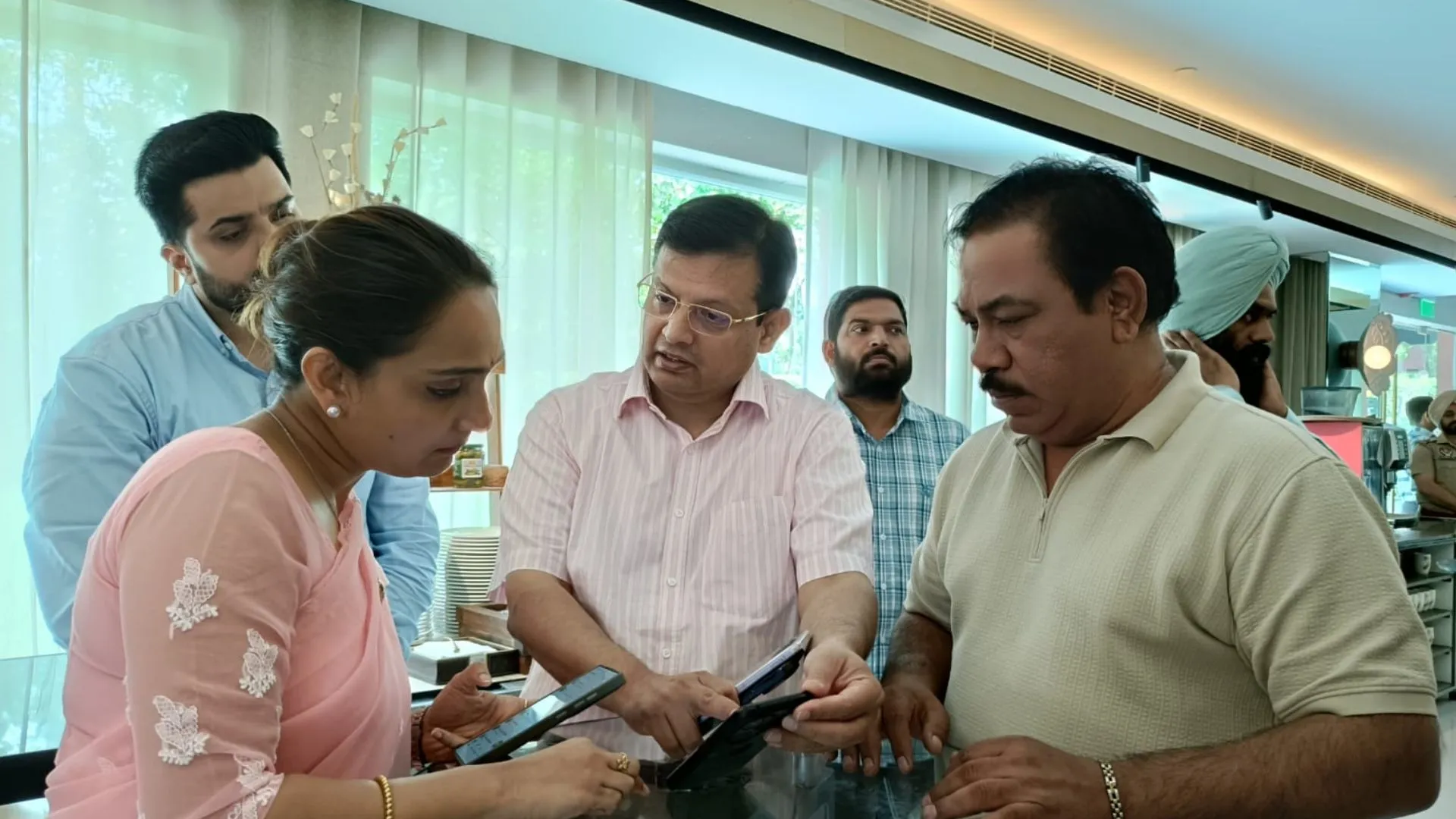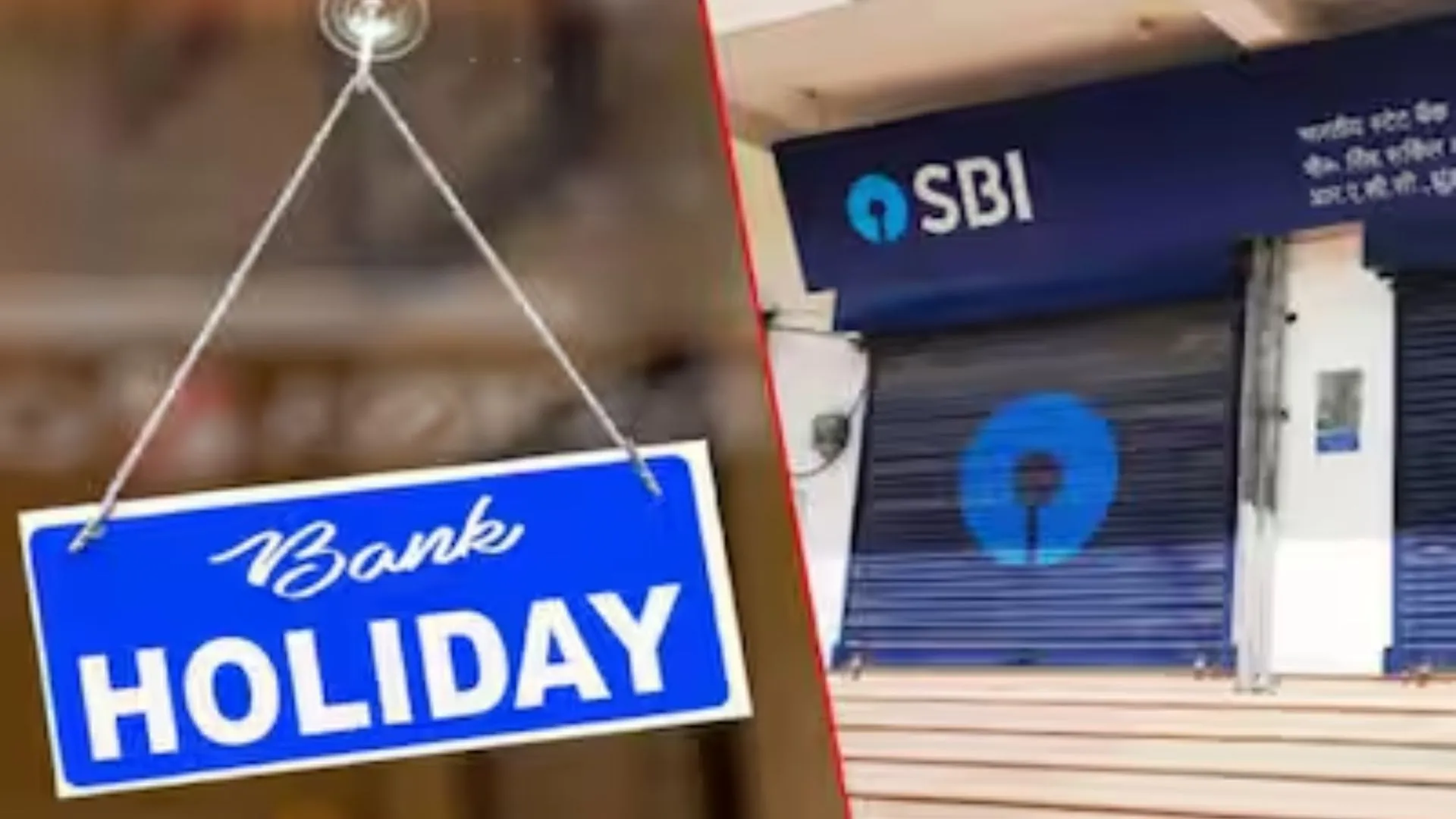In a historic and transformative shift in Punjab’s land revenue system, the state government has launched the ‘Easy Jamabandi’ digital platform, putting an end to decades of corruption, harassment, and arbitrary control historically wielded by Patwaris. This comprehensive digitization brings all Jamabandi (land ownership) records online, accessible instantly to citizens via a dedicated website and even through WhatsApp.
The initiative is part of a broader push to reform and democratize revenue administration in Punjab. It eliminates the need to physically visit Patwar Khanas or Fard Kendras for land documents, mutation applications, or ownership verification, bringing an unprecedented level of transparency to a system that has long been criticized for its opacity and abuse of power.
What makes this initiative unique is not just the technological innovation but the shift in power—from the bureaucrat to the citizen.
Breaking the Shackles of Bureaucratic Harassment
For decades, landowners in Punjab have faced routine exploitation at the hands of Patwaris and local revenue staff. Getting a simple copy of the Jamabandi involved navigating a maze of red tape, middlemen, delayed approvals, misspelled entries, and—in many cases—illegal bribes. This deeply entrenched system not only hurt farmers, NRIs, and urban landowners alike but also eroded trust in the state’s revenue machinery.
From submitting handwritten applications and queuing for hours at Fard Kendras to pleading for corrections in records where Patwaris intentionally inserted wrong owner names or mutation details, land ownership in Punjab was often more a battle than a right.
“From searching for Patwaris to making them accountable for every change in land records—this is a 180-degree shift,” said IAS Anurag Verma, Additional Chief Secretary (Revenue), Punjab. “The system which made life miserable for ordinary Punjabis has now been turned on its head. With Easy Jamabandi, we’ve uploaded almost every village’s land record onto the portal. Transparency is now embedded in the structure.”
Verma, also credited with launching the state’s earlier successful Easy Registry project for land transactions, called this a natural progression in the state’s governance reforms.
How the System Works
The revamped system is simple yet powerful. Citizens can visit https://easyjamabandi.punjab.gov.in, select their village and land details, pay the applicable fee online through UPI apps like Google Pay, and receive a digitally signed copy of their Jamabandi directly on WhatsApp. Each copy is embedded with a secure QR code that anyone can scan to verify authenticity.
More than 40 lakh people used to visit Fard Kendras every year for these documents. The digital platform is expected to save at least 10 lakh man-days annually and ease logistical pressure on the state’s revenue offices.
The scope of services includes:
· Digital Jamabandi with QR authentication
· Mutation (Intkaal) applications
· Rapat entries (daily record updates)
· Fard Badar (correction requests)
· Subscription to receive alerts on changes in one’s land record
Mutation applications now land directly in the login dashboard of the concerned Patwari. More importantly, applicants get real-time WhatsApp updates on every stage—from application submission to Patwari entry, Kanungo verification, and final approval by the Tehsildar.
Zero Tolerance for Corruption
What truly elevates the initiative is its built-in accountability. Revenue officers are allowed to raise objections only once, and those objections are immediately visible to the concerned Deputy Commissioner. If a citizen finds an objection to be frivolous or harassing, they can file a direct complaint via email to the DC.
“The transparency this system ensures is revolutionary,” said a senior official from the Revenue Department. “Officers now know they are being watched. Frivolous delays and demands for bribes are becoming structurally impossible.”
All communication is recorded and trackable. Even the objections raised are time-stamped and logged, ensuring no case can be deliberately stalled.
Real People, Real Relief: Beneficiaries Speak
Rajeev Kumar, a landowner from Morni, described how the shift transformed his experience. “I used to spend days travelling to the office, hunting down the Patwari, and eventually had to offer bribes just to get my own Fard. This time, I got the same document on WhatsApp within 48 hours. I didn’t have to move an inch.”
He adds, “And now, if someone asks me for money again, I have the power to report them. That’s the change.”
Ajay Gupta from Mullanpur recounted a story from his father’s time. “In the 1950s, we gave land to the government for Rs 300 during an acquisition. Ironically, the Patwari charged us Rs 300 for the Jamabandi of the same land. For decades, we carried that injustice. Today, this digitisation feels like justice—not just service.”
In Kharar, Harpal Singh cited a well-known Punjabi idiom that underscores the power Patwaris once held: “Patwari de agge kutta vi bhonkna chhad dinda si”—Even a dog would stop barking in front of a Patwari. He explained, “They had unchecked authority, and everyone feared them. But now, that fear is gone. With this portal, people are no longer helpless.”
Rahul Sharma, another resident from Kharar, noted how efficient the new system has become: “I handled everything online. I didn’t visit any office, and I got my documents clean and signed. This is how governance should work.”
The Subscription Model: A Boon for NRIs and Urban Landowners
Recognizing the reality of urban migration and a large NRI population, the Punjab Government has introduced a subscription-based alert system. For just Rs 500 per year per Khewat (landholding account), users can subscribe to their land records and get notified instantly via WhatsApp or email if any changes are made—legitimate or otherwise.
This tool acts as a protective shield for landowners living away from their property, helping prevent illegal mutations or unauthorized entries, which were a common issue in earlier offline systems.
Subscribers also have the right to raise objections online, enabling them to act swiftly without being physically present in Punjab.
Seamless Access, Real Empowerment
The ‘Easy Jamabandi’ initiative has not only digitized services, but it has also changed the nature of governance. The government is no longer a gatekeeper of records; it is a transparent service provider.
The move has particular relevance for vulnerable communities and small farmers, many of whom previously struggled to correct errors or assert rightful ownership due to systemic barriers and corrupt practices.
Further, the success of Easy Jamabandi is building momentum for similar digitization drives in related areas, including property tax records, land use conversion certificates, and urban planning approvals.
A Model for the Nation
As Punjab positions itself at the forefront of digital governance, other states are already taking note. The fusion of accessibility, accountability, and administrative will has made ‘Easy Jamabandi’ a potential model for replication across India.
“This is not just about going digital,” said IAS Anurag Verma. “It’s about returning dignity and rights to the citizens—especially the most ordinary ones, who for years felt powerless in front of the Patwari. This is their win.”
As smartphones replace queues, and QR codes replace rubber stamps, Punjab’s land revenue system is entering a new age—one where power lies not in the hands of the few, but with every rightful landholder.
The digital revolution has finally arrived on Punjab’s soil—and this time, it’s not behind a counter, but in the palm of every citizen.





















